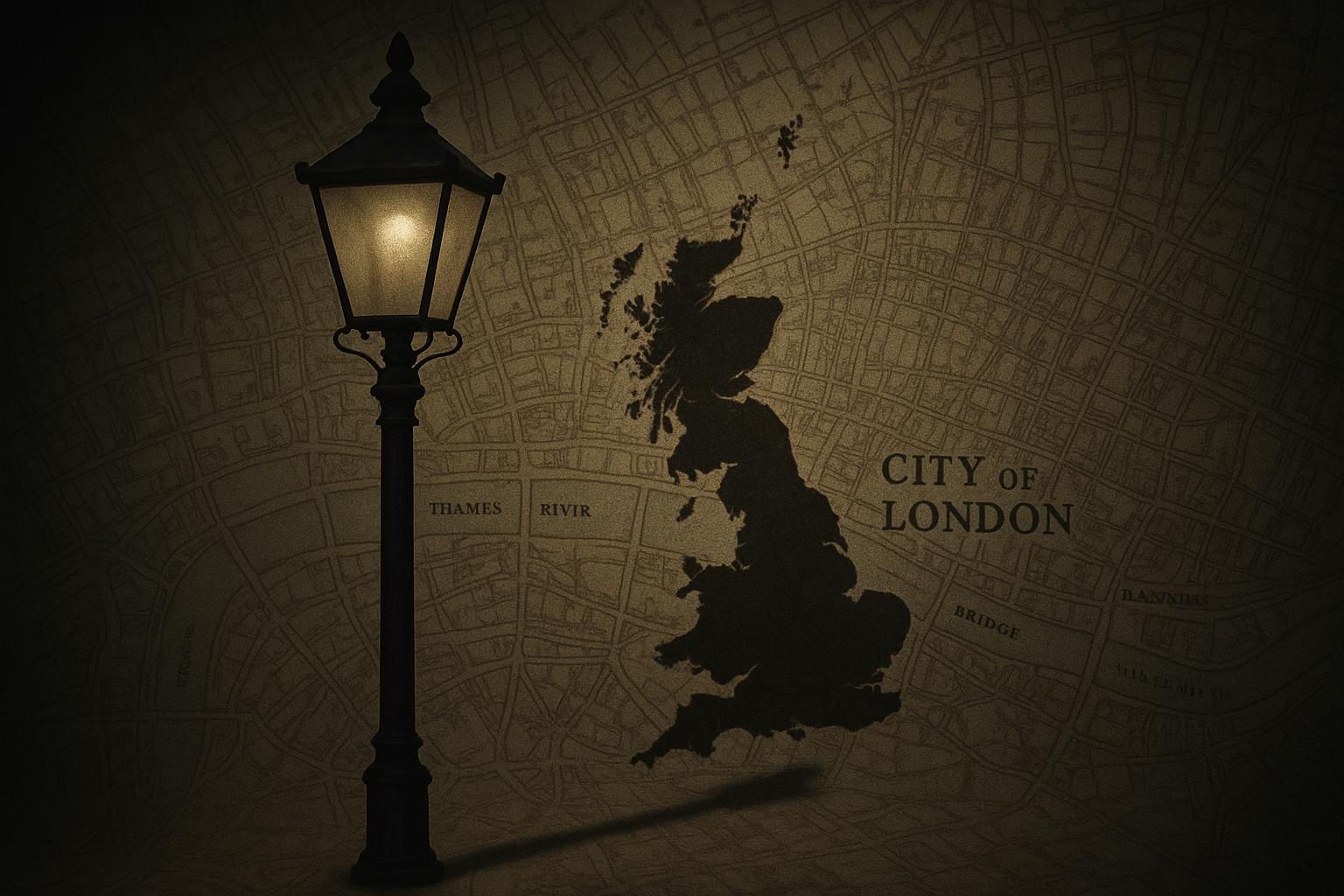Business confidence in the UK has reached a record low as a combination of tax worries, regulatory concerns, and economic uncertainties weigh heavily on firms. The Institute of Directors (IoD), a prominent voice in the business community, reported its economic confidence index dropped to minus 74 in September—its lowest level since the survey's inception in July 2016. This stark decline reflects widespread unease about the government's fiscal and labour policies, with many businesses calling for a clearer, more credible plan to stimulate growth.
The downturn in business morale comes amid a backdrop of nuanced economic data. Official figures from the Office for National Statistics (ONS) confirmed that the UK economy grew by just 0.3% in the second quarter of 2025, a sharp slowdown compared to the 0.7% rise in the first quarter. Despite this, the UK remained the fastest-growing economy among G7 nations in the first half of the year, buoyed partly by a surge in exports ahead of new US tariffs. However, this modest growth masks a deteriorating external balance, with the current account deficit widening substantially, signaling underlying economic imbalances.
Businesses' gloom contrasts with the economy’s moderate growth, highlighting a disconnection driven largely by fears over rising costs and labor market regulations. The IoD attributes much of the pessimism to Chancellor Rachel Reeves’ £25 billion increase in national insurance contributions introduced earlier this year, along with a significant rise in the national minimum wage. These tax hikes, alongside looming legislative changes such as the contentious workers’ rights bill championed by Labour’s Angela Rayner, have exacerbated cost pressures for employers who are now exercising increased caution in hiring and investment decisions.
The proposed workers’ rights bill, which includes provisions such as ‘day one rights’ for new employees and contracts guaranteeing minimum weekly hours, has sparked particular concern. Critics warn these measures could discourage job creation by removing probationary periods and imposing rigid employment terms. Industry leaders, including Hugh Osmond, founder of Punch Taverns, have voiced fears that such reforms could deter businesses, especially in sectors like hospitality, from taking on new staff. The IoD's employment advisor Alex Hall-Chen emphasised the need for the government to address these concerns to avoid further negative impacts on jobs and economic growth.
Amidst these challenges, the government is reportedly preparing for additional tax increases in the upcoming November Budget, which businesses fear will add further strain. Although some public sector investments and long-term policy initiatives have been introduced, analysts and business leaders advocate for a more coherent approach that reduces the overall tax burden and regulatory obstacles. Anna Leach, IoD’s chief economist, highlighted that without such measures, the persistent uncertainty surrounding fiscal policy is likely to stifle investment and growth, ultimately harming living standards.
Shadow Chancellor Sir Mel Stride echoed these sentiments, sharply criticising the Labour government’s fiscal strategy. He noted that contrary to promises of a pro-business Treasury, the administration’s choices have shattered business confidence and led to a freeze on hiring and investment. The sustained period of declining employee numbers—now down for seven consecutive months—and the rise in unemployment to 4.7%, the highest since 2021, underline the challenging labour market conditions facing the UK.
Consumer behaviour also reflects caution, with savings rates rising slightly to 10.7% of income in the second quarter, indicating households are wary of economic uncertainties. Thomas Pugh, chief economist at RSM UK, pointed to the increased saving ratio as a sign of growing consumer apprehension, noting that speculation about upcoming fiscal policy could further undermine confidence.
In summary, the UK economy presents a complex picture. While official data point to some growth momentum, prevailing government taxation policies and proposed labour market reforms are dampening business sentiment to historic lows. The business sector’s call for a credible and coherent economic plan remains urgent, as uncertainty and rising costs threaten the country’s growth prospects and job creation.
📌 Reference Map:
- Paragraph 1 – [1], [4], [5], [6]
- Paragraph 2 – [1], [3]
- Paragraph 3 – [1], [4], [5], [6]
- Paragraph 4 – [1]
- Paragraph 5 – [1], [4], [5], [6]
- Paragraph 6 – [1]
- Paragraph 7 – [1], [4], [5], [6]
- Paragraph 8 – [1], [3]
Source: Noah Wire Services
